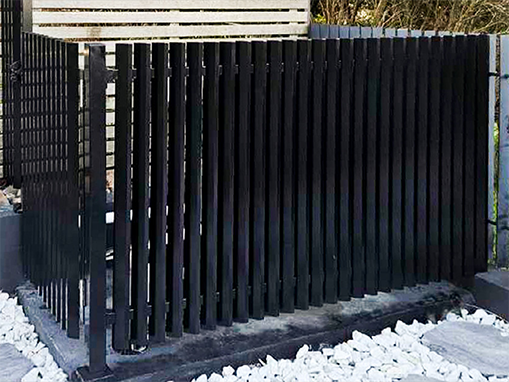The Role of Rehab in Healing Relationships Affected by Addiction

Navigating the turbulent waters of addiction can leave a devastating wake, particularly within the intricate tapestry of human relationships. Trust erodes, communication falters, and emotional wounds deepen, creating a chasm that often feels insurmountable. While the individual grappling with addiction undoubtedly bears the brunt of the struggle, the ripple effects touch everyone in their orbit – partners, children, parents, siblings, and friends. In this complex landscape, addiction rehabilitation (rehab) emerges not just as a pathway to individual sobriety, but also as a crucial catalyst for healing the fractured bonds of these vital relationships.
- The Erosion of Trust and Communication
Addiction thrives in secrecy and deception. To fuel their habit, individuals often resort to lying, manipulation, and broken promises, systematically dismantling the foundation of trust upon which healthy relationships are built. Loved ones are left feeling betrayed, confused, and constantly on edge, unsure of what to believe or expect. Open and honest communication, the lifeblood of any strong connection, becomes poisoned by defensiveness, denial, and blame. The addict may withdraw emotionally, becoming preoccupied with their substance use, leaving their partners and families feeling isolated and neglected. Conversely, loved ones may react with anger, resentment, and enabling behaviors, further exacerbating the cycle of dysfunction.
- Rehab as a Safe Space for Confrontation and Understanding
Drug rehab centers in Orange County offers a structured and supportive environment where the individual struggling with addiction can begin the arduous journey of recovery. Crucially, it also provides a space for the affected family members to participate in the healing process. Family therapy, often an integral component of comprehensive rehab programs, creates a neutral ground for open and honest dialogue. Under the guidance of trained therapists, family members can express their pain, anger, and fears in a safe and constructive manner. The individual in recovery, in turn, can begin to understand the profound impact their addiction has had on their loved ones. This facilitated communication can be a pivotal step towards breaking down the walls of resentment and fostering empathy.
- Rebuilding Trust through Accountability and Change
Trust, once broken, is a fragile entity that requires consistent effort and demonstrable change to rebuild. Rehab programs emphasize accountability, encouraging individuals to take responsibility for their actions and the harm they have caused. Through individual and group therapy, they learn to identify the underlying causes of their addiction, develop coping mechanisms, and cultivate healthier behaviors. This process of personal growth and transformation is essential for demonstrating genuine commitment to recovery and to repairing damaged relationships. As loved ones witness these positive changes – consistent sobriety, honest communication, and a willingness to make amends – trust can slowly begin to be restored. However, it’s crucial to acknowledge that rebuilding trust is a marathon, not a sprint, requiring patience, understanding, and consistent effort from all parties involved.
- Learning Healthy Communication Patterns
Addiction often fosters dysfunctional communication patterns characterized by blame, criticism, defensiveness, and withdrawal. Rehab programs equip individuals and their families with healthier communication skills. Therapy sessions focus on active listening, expressing needs and feelings assertively but respectfully, and resolving conflicts constructively. Learning to communicate openly and honestly, without resorting to old patterns of manipulation or avoidance, is vital for creating a more stable and supportive relationship dynamic. This newfound ability to connect authentically can replace the tension and misunderstanding that previously defined the relationship.
- Addressing Co-dependency and Enabling Behaviors
Addiction doesn’t exist in a vacuum; it often creates a system of co-dependency and enabling behaviors within the family unit. Loved ones, in their attempts to cope with the addict’s behavior, may inadvertently enable the addiction by making excuses, covering up consequences, or taking on responsibilities that the addict should be handling. Rehab programs often include psychoeducation and therapy for family members to identify and address these unhealthy patterns. Learning to set healthy boundaries, detach with love, and focus on their own well-being is crucial for breaking the cycle of enabling and fostering a more balanced and sustainable relationship dynamic.
A Journey of Healing and Hope
The role of rehab in healing relationships affected by addiction is multifaceted and profound. It provides a structured environment for confrontation, fosters understanding, facilitates the rebuilding of trust, teaches healthy communication skills, addresses co-dependency, and cultivates empathy. While the path to healing is often long and challenging, rehab offers a crucial starting point and provides the tools and support necessary for families to navigate the complexities of addiction and ultimately forge stronger, healthier, and more resilient relationships. It is a testament to the possibility of hope and reconciliation even in the face of the immense devastation that addiction can inflict.





